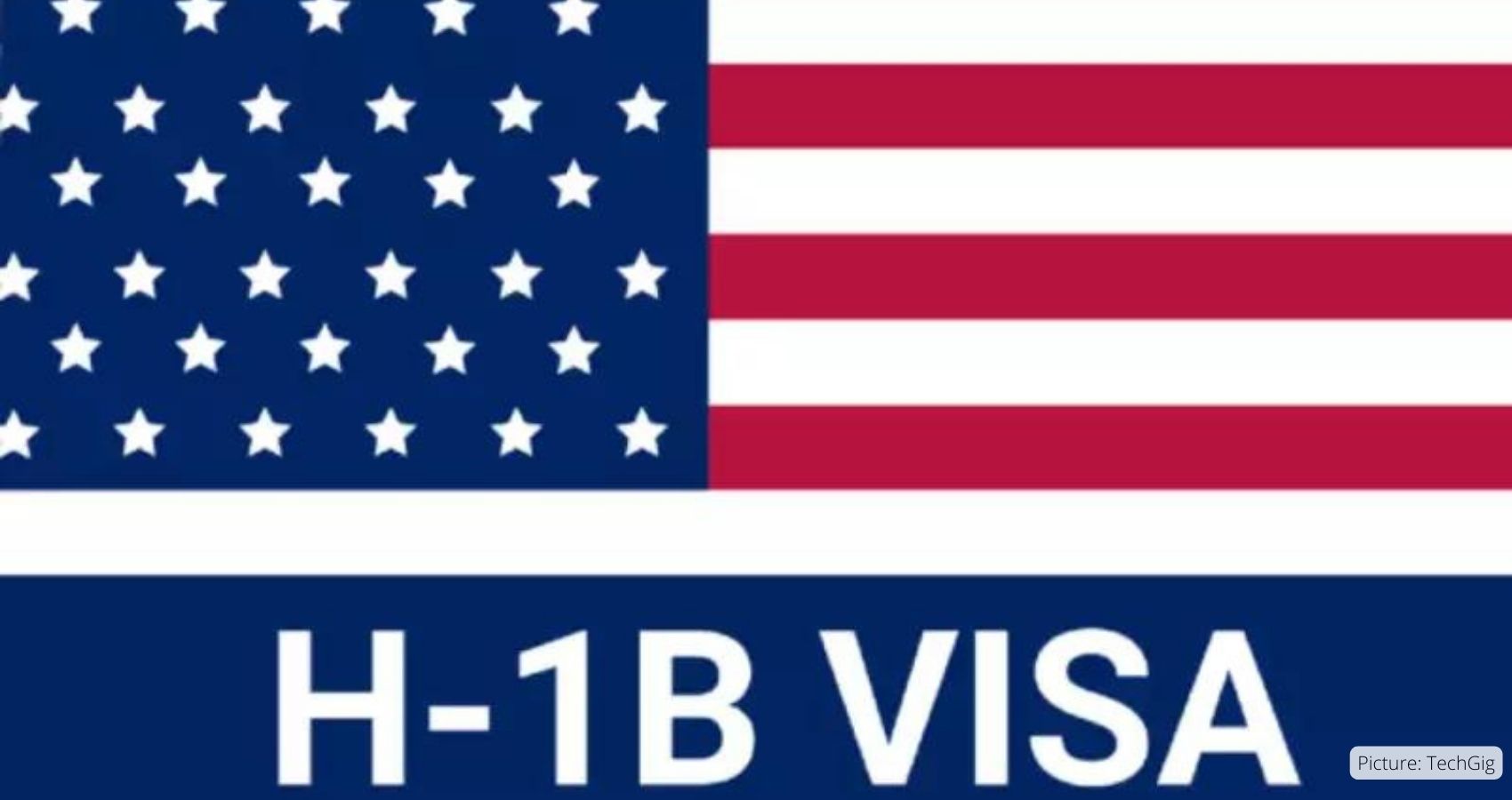In an effort to streamline the recruitment of foreign workers, the US Economic Innovation Group (EIG) has put forth suggested amendments to the H-1B Visa program.
The current H-1B program has some acknowledged deficiencies, including the annual allocation of 65,000 H-1B visas, with an additional 20,000 reserved for individuals holding a master’s degree or higher from a U.S. institution. This limitation poses challenges, particularly for engineering graduates from U.S. universities who fail to secure an H-1B visa, leaving them without a straightforward avenue to stay.
Another drawback is the imposition of a cap of 7% of total H-1B visas for any single nation, placing a disadvantage on countries with sizable populations, such as China and India, which are major sources of STEM workers. Additionally, the lottery system governing the transition from an H-1B visa to a permanent residency Green Card leads to extended waiting times for individuals from China and India, largely due to country-specific caps.
Furthermore, H-1B visa holders face a tight window of only 60 days to secure a new position if they lose their job, beyond which they are required to leave the country. Complicating matters, current H-1B visa holders must depart the U.S. to renew their visas, as the domestic renewal program was discontinued in 2004 over security concerns.
To address these challenges, the EIG has proposed a series of changes, including the issuance of 10,000 ‘Chipmakers’ Visas’ annually, featuring an expedited pathway to a Green Card. In this proposed system, 2,500 visas would be auctioned off quarterly to qualifying firms, with immediate transfer of visa ownership to the sponsored worker. This five-year visa would be renewable once, providing firms with the certainty of adequate time to scale up their investments in the U.S. and train domestic workers.
Moreover, the proposed revisions aim to dedicate the fees generated from visa auctions to the training of American workers and the provision of domestic scholarships for students and workers across the semiconductor supply chain. This move is intended to foster a more sustainable and inclusive workforce development approach.
Acknowledging the existing challenges, the U.S. State Department has recently taken a step towards addressing some of the problems by initiating a pilot program. This program allows eligible H-1B holders to renew their visas within the U.S. rather than requiring them to leave the country for the renewal process.
The Semiconductor Industry Association (SIA) has emphasized the urgency of implementing these changes, warning that without a concerted effort in overseas recruitment, the U.S. is projected to face a shortage of 67,000 employees by 2030. The proposed revisions to the H-1B Visa program aim to strike a balance between meeting the demand for skilled workers and addressing the shortcomings of the current system.

